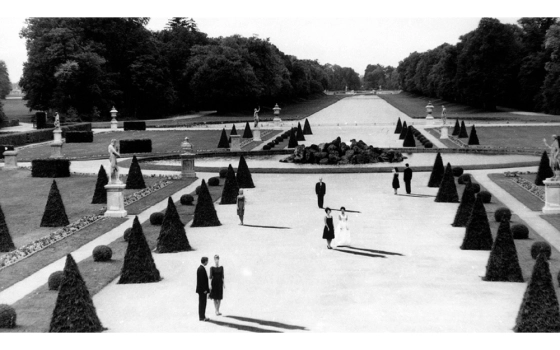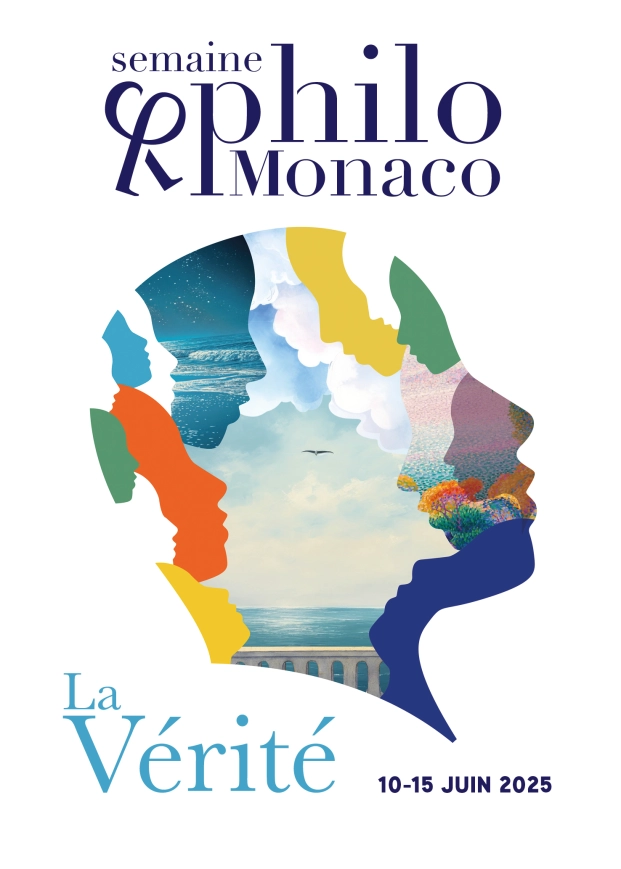
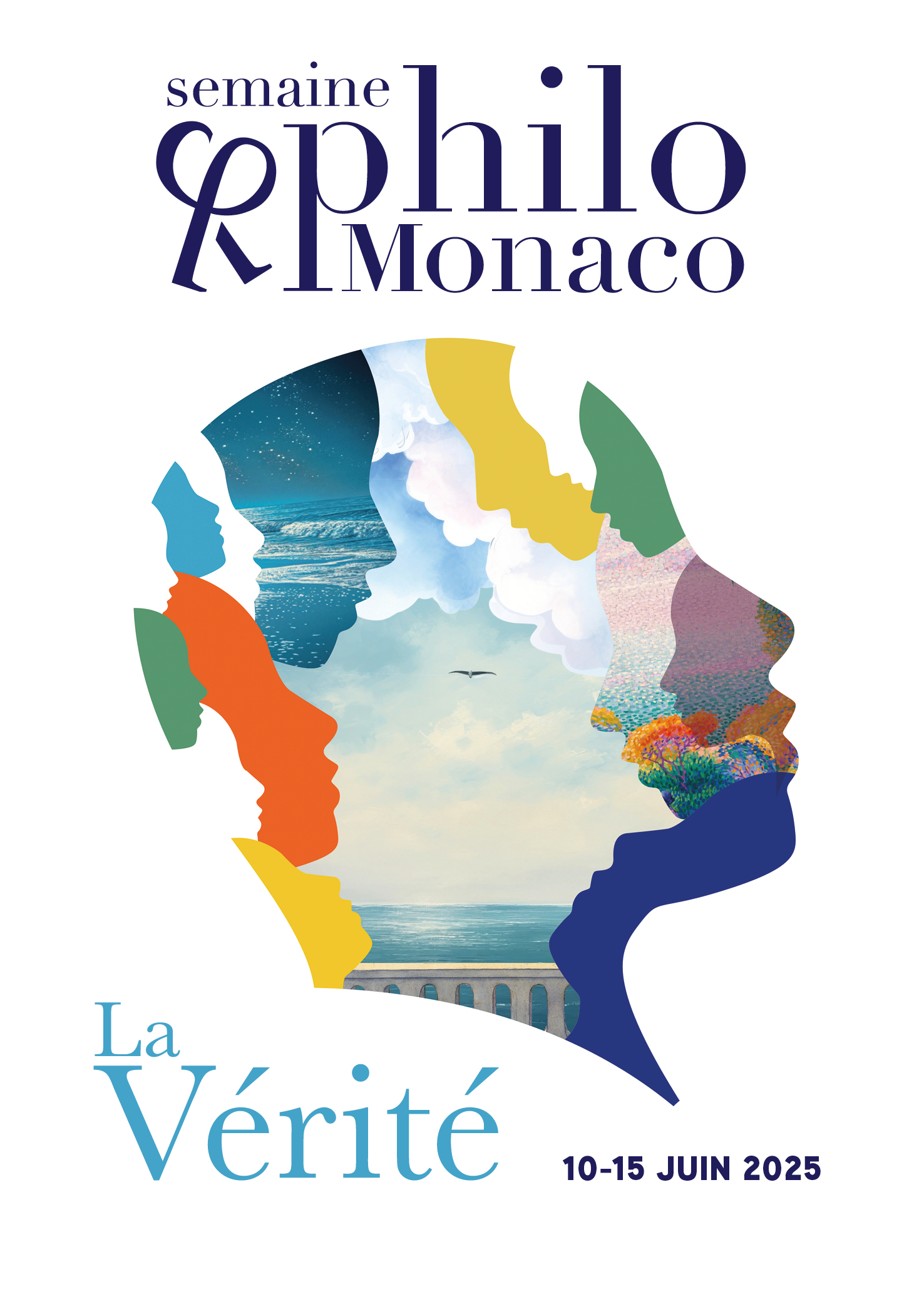
Family secrets

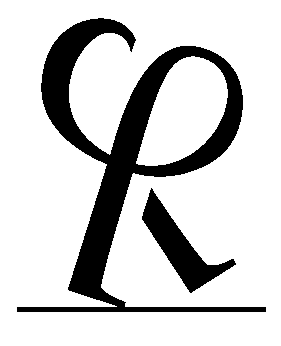
Introduction
Presented by Claire Marin, philosopher
With Laurence Joseph, psychologist and psychoanalyst
Vanessa Springora, writer and editor
What are the old walnut cupboards full of, inherited from the grandparents who inherited it from their parents? Skeletons, ghosts, shadows and family secrets, wrapped in dusty sheets with unspoken memories of lies, betrayals, infidelities, abandonments, hidden illnesses, violence, dirty deeds, unacknowledged and unspeakable atrocities.
Family secrets are never eaten by moths or reduced to ashes: they are like embers that continue to smoulder and only burst into flames in the open air of revelation and scandal and then acquire the power of fiery lava flowing towards and over the family like an overflowing river. Smothered, guarded family secrets are like the unspoken secrets of transgenerational transmission, as they alter, haunt, or skew-as would an absence, an unconscious lack, an unsuspected loss, the relationship with oneself and others, the construction of oneself, the making of autonomy and identity. Those who fiercely guard them gain power and hold the reins, thus controlling or believing they are protecting the assigned places of individuals and the order of the family. Those who inevitably ignore them, and therefore ignore what the family unconscious has repressed, live askew, burdened by some indefinite doubt, suspicions, unknowing, too distant memories, the diffuse feeling that something has been hidden from them, and they may find it more difficult to fully understand their history, their origins, their subjectivity - a bit like the person who no longer walks the streets with ease for fear of being followed by someone, a shadow, a ghost. But when the scandal occurs, when the secret is pierced or revealed when the cupboard is overturned, everything changes, often painfully, the whole social landscape, the whole constellation of relationships, with oneself, with one's family, with others, with the entire world, before any other doubts come to mind: have we said everything, revealed everything?
Informations
Similar events
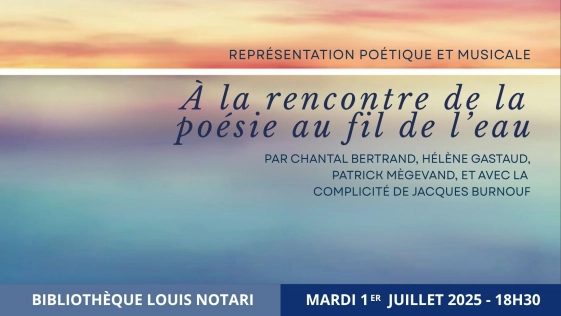
Représentation poétique et musicale "A la rencontre de la poésie au fil de l’eau" par Chantal Bertrand, Hélène Gastaud, Patrick Mègevand, et avec la complicité de Jacques Burnouf
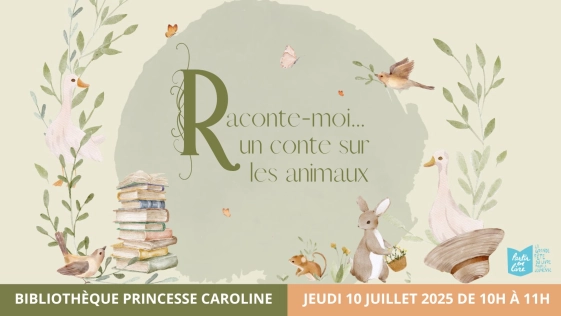
Raconte-moi...un conte sur les animaux + 4 ans
